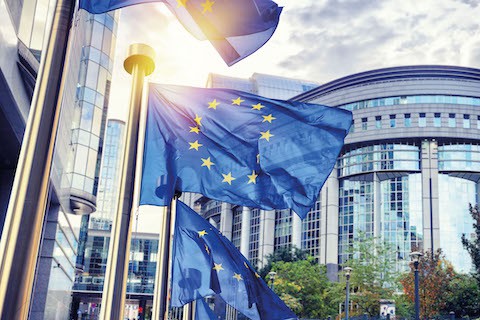
The European Medicines Agency (EMA) has started a rolling review of Sanofi and GlaxoSmithKline’s (GSK) latecomer COVID-19 vaccine.
The EMA announced yesterday that it had begun a real-time review of the vaccine – now known as Vidprevtyn – based on preliminary results from lab studies and early clinical studies in adults.
In a phase 2 trial, the immune responses generated by Sanofi/GSK’s vaccine candidate were in line with those measured in people who have recovered from COVID-19, the companies said in a statement.
In addition, the interim results showed 95-100% seroconversion following a second injection across all adult age groups in the trial and across all doses.
High neutralising antibody titres were also observed in participants with evidence of prior COVID-19 infection, suggesting the vaccine candidate may have the potential to be deployed as a booster vaccine.
In May, the companies launched a late-stage study of their adjuvanted protein-based COVID-19 vaccine, which will enrol over 35,000 volunteers in total.
The first stage of the study will investigate the efficacy of a vaccine formulation targeting the original Wuhan strain of the virus (D.164), with a second stage set to evaluate another formulation targeting the Beta or B.1.351 variant.
The companies added that the design of the trial, which will take place across several countries, will allow for the evaluation of the efficacy of their vaccine against a number of circulating variants.
The study’s primary endpoint will seek to determine the vaccine’s ability to prevent symptomatic COVID-19 in SARS-CoV-2 naive adults, while secondary endpoints will aim to determine if it can prevent severe COVID-19 and asymptomatic infection.
Last year, Sanofi and GSK delayed the COVID-19 vaccine programme after the jointly developed candidate induced low immune responses in older adults in a phase 1/2 study.
Although the vaccine was able to generate a similar immune response to recovered COVID-19 vaccine patients in participants aged 18-49, in older participants the immune response observed was low.
At the time, the companies said these results were likely caused by an ‘insufficient concentration’ of the antigen component of the vaccine.




